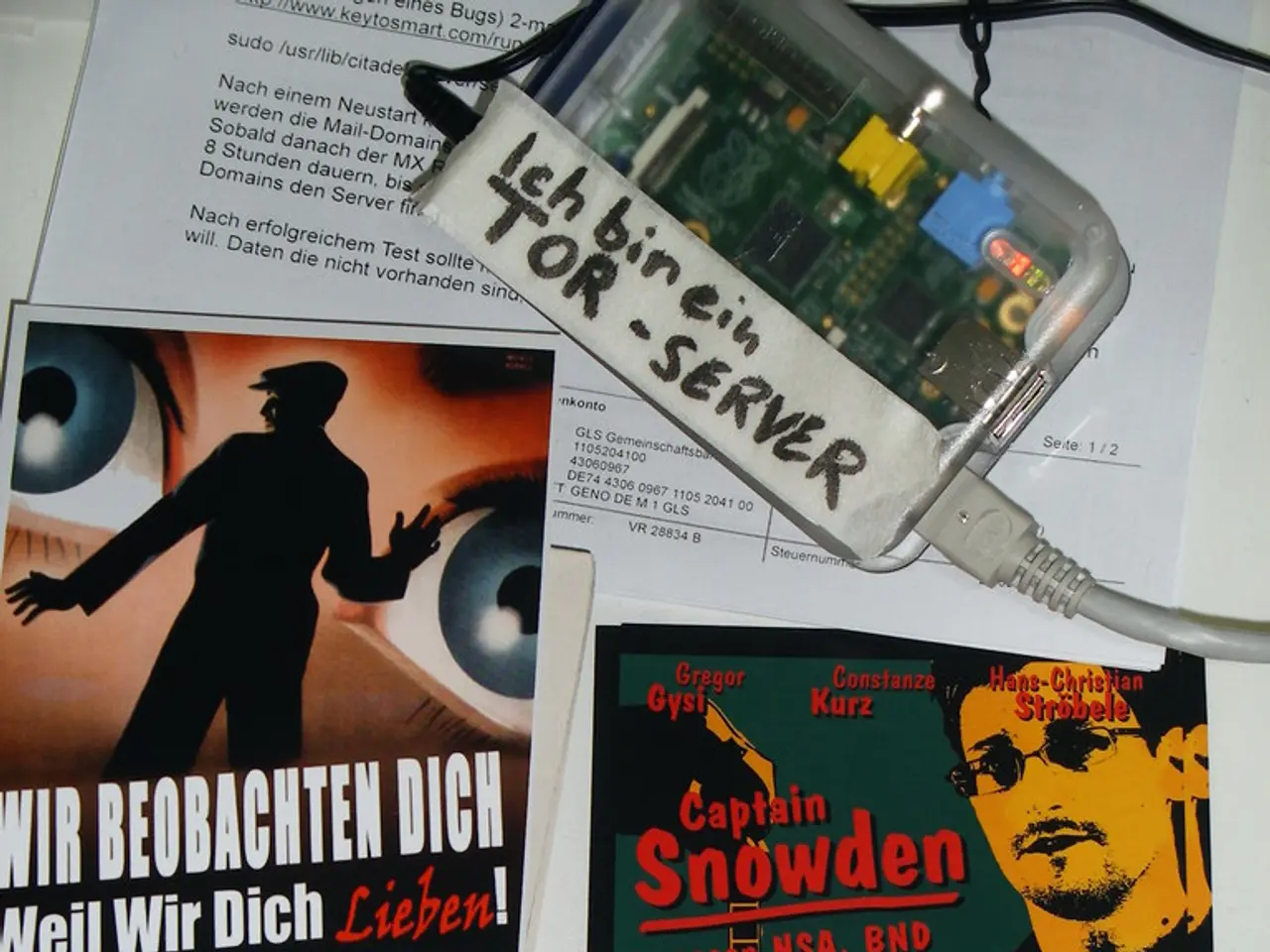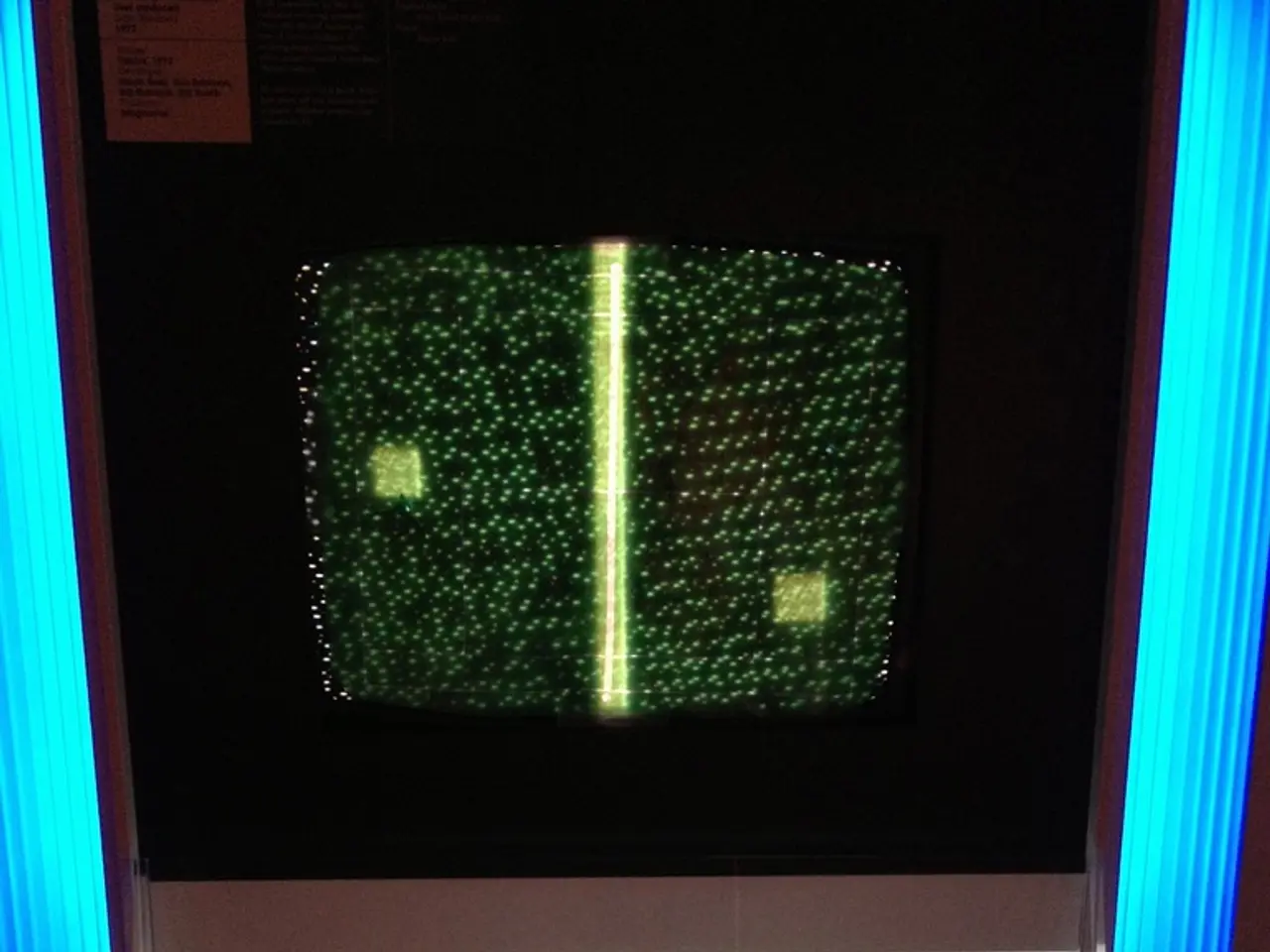Scientists craft superior icebox without the need for a compressor
The world of thermoelectric technology has taken a significant leap forward with the development of CHESS (Controlled Hierarchically Engineered Superlattice Structures). This advanced nano-engineered thermoelectric material, initially created for national security applications, is now poised to revolutionise various sectors, including consumer products, defence, and energy harvesting.
### Potential Applications and Benefits
In the consumer realm, CHESS materials could revolutionise cooling systems by enabling compressor-free cooling. This innovation would make electronics, portable coolers, and climate control devices more energy-efficient, quieter, and compact. Additionally, the integration of CHESS materials into smart clothing or wearable devices could lead to personal thermal management or power generation from body heat, improving comfort and battery life in portable technology.
For defence applications, CHESS materials' nano-engineered properties ensure reliable performance in harsh conditions, such as those found in space missions, naval ship construction, and hypersonic flight. This reliability is crucial for critical national security systems where efficient heat control is paramount. Moreover, CHESS materials can power sensors and electronic devices in remote or hard-to-reach situations by harvesting waste heat or ambient temperature differences, enhancing the operational endurance of military hardware.
In the energy sector, CHESS materials could convert heat from industrial processes, vehicle engines, or wearable sources into usable electricity, thereby improving overall energy efficiency and sustainability. Thermoelectric generators based on CHESS could offer scalable solutions for off-grid power or supplement traditional energy sources with cleaner, maintenance-free alternatives.
### Comparison to Existing Alternatives
CHESS materials have reportedly doubled the efficiency of thermoelectric cooling compared to current commercial materials. This significant improvement in energy conversion and thermal management capabilities sets CHESS apart from many existing thermoelectrics. Furthermore, CHESS structures enable scalable device manufacturing and enhanced reliability under extreme or prolonged operational conditions, unlike some existing thermoelectric alternatives that may be brittle or limited to niche applications. Lastly, CHESS-based thermoelectrics achieve efficient cooling solid-state, meaning smaller size, fewer moving parts, and longer lifespans compared to traditional cooling systems that rely on mechanical compressors.
The advancements made with CHESS materials have the potential to lead to scalable energy-harvesting technologies for various applications, such as computers and spacecraft. Commercialisation efforts for CHESS are already underway, making it easier to bring this revolutionary technology to the masses. The researchers' work on CHESS is described in a paper published in Nature Communications titled "Nano-engineered thin-film thermoelectric materials enable practical solid-state refrigeration."
Security applications of CHESS materials could potentially involve the utilization of their energy-efficient and reliable properties for cooling critical components in data centers, ensuring the safe storage and processing of sensitive information. In the realm of artificial intelligence, the reduced temperature requirements of these data centers could lead to improved AI performance and reduced energy consumption.
Furthermore, the integration of CHESS materials into advanced AI systems could enhance their capabilities in handling complex tasks, as the reduced heat output allows for more efficient operation and heat dissipation. This could potentially revolutionize AI technology, making it more energy-efficient and reliable, beneficial in fields such as military intelligence, autonomous vehicles, and medical imaging.
The synergy between science, technology, and security is evident in the development of CHESS materials, creating opportunities for advancements not only in the field of thermoelectric technology but also in various sectors where energy management and security are paramount.




